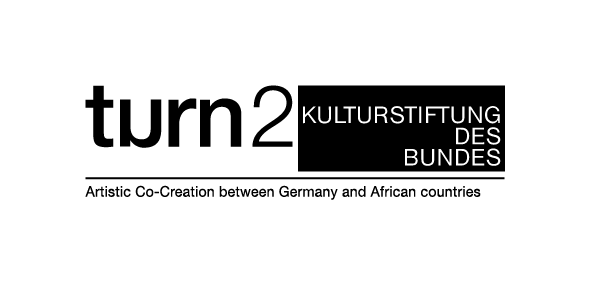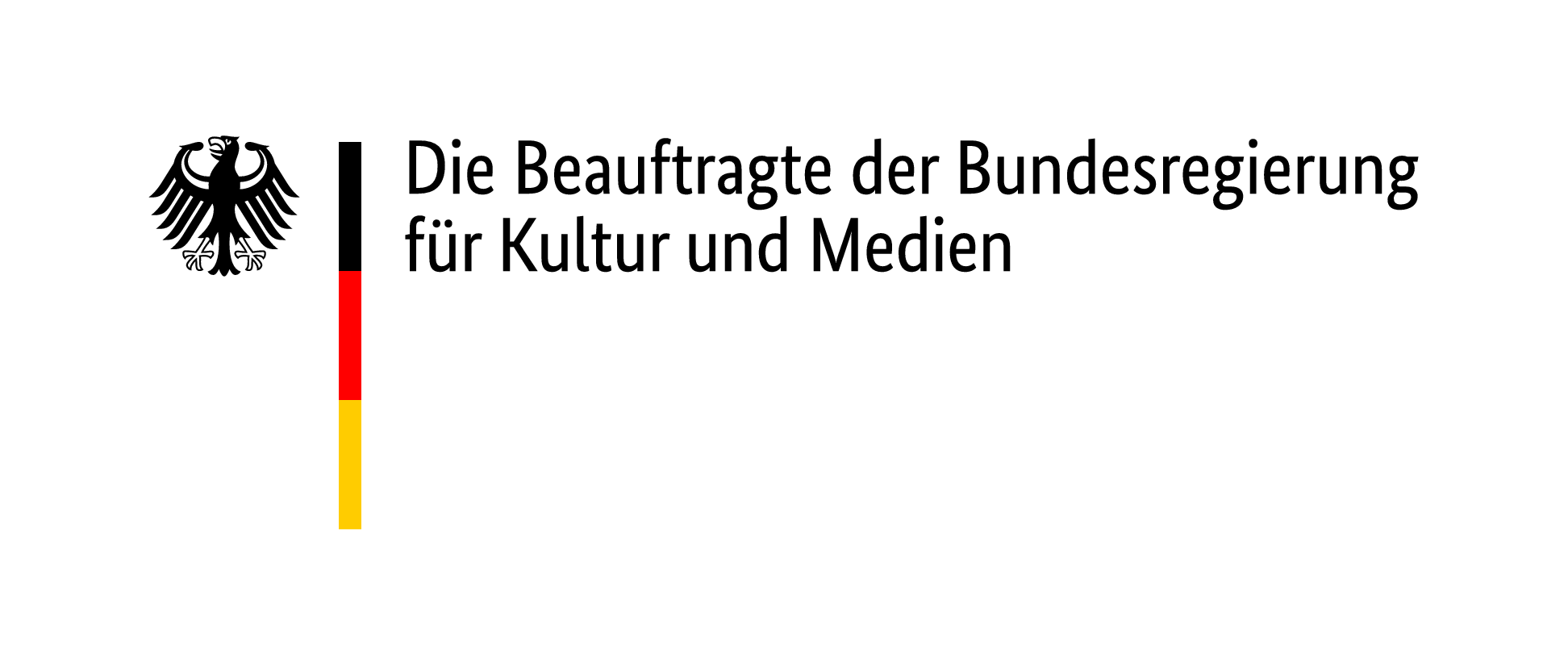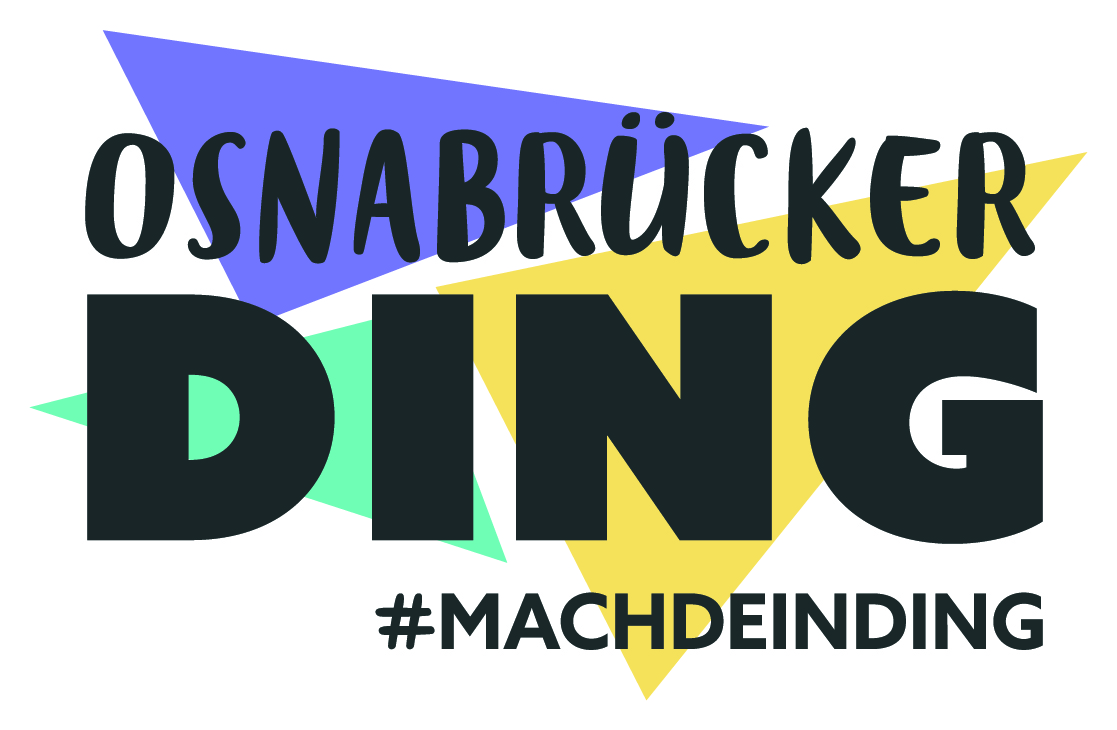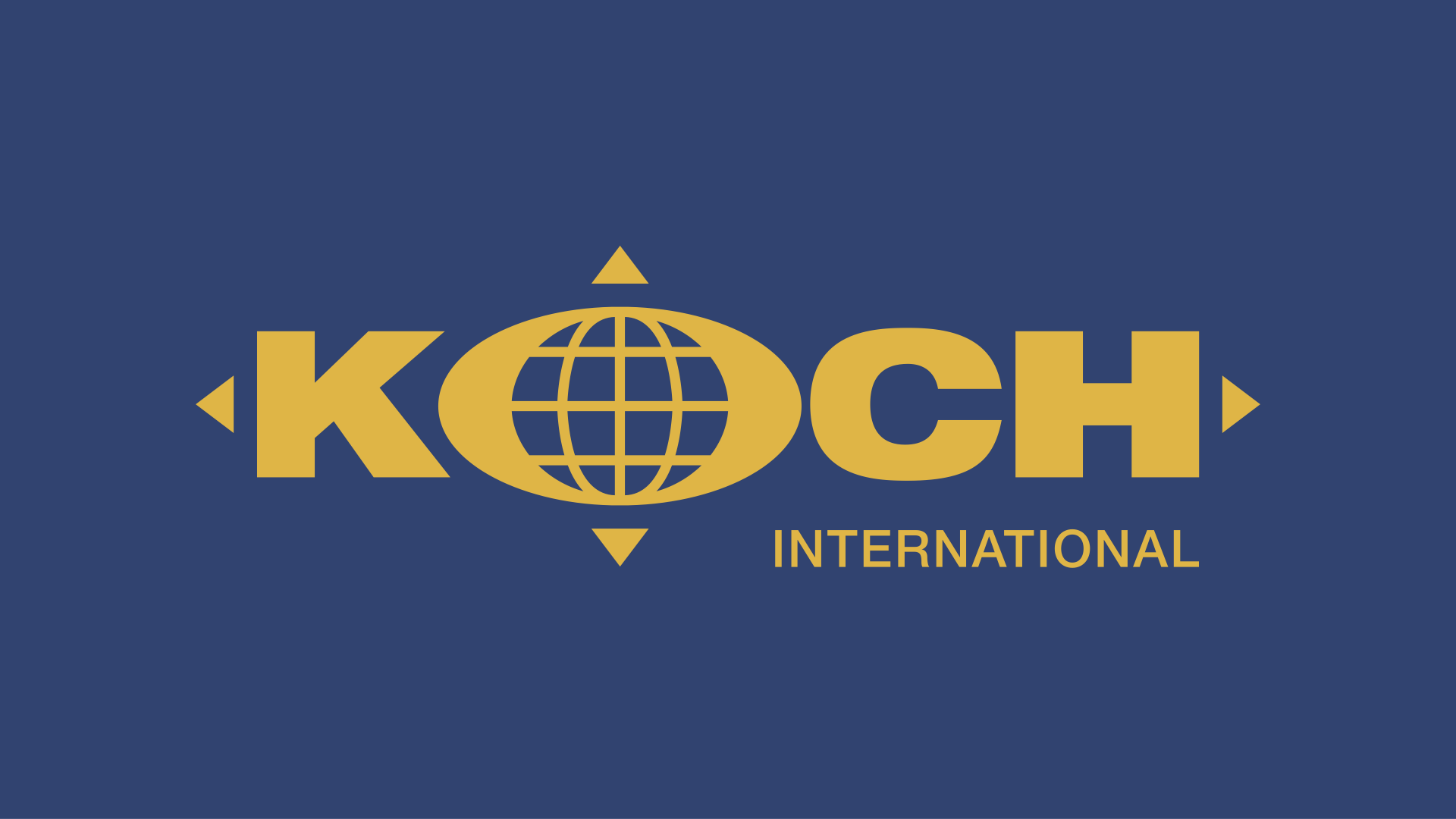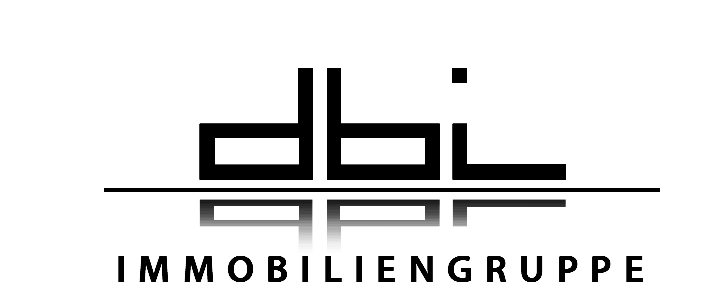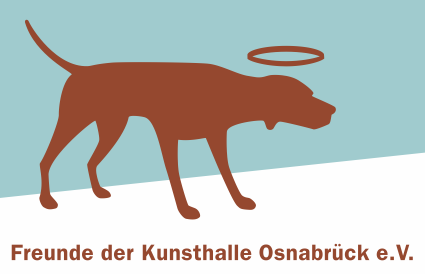Ibrahim Mahama, Transfer(s)
Opening on 8th July, 2023, at Kunsthalle Osnabrück at 4pm. The installation will be sited at the former Galeria Kaufhof building in Osnabrück(DE) and runs through 1 October,2023. The discursive programme will take place in Tamale(GH) in November 2023.
Profiles
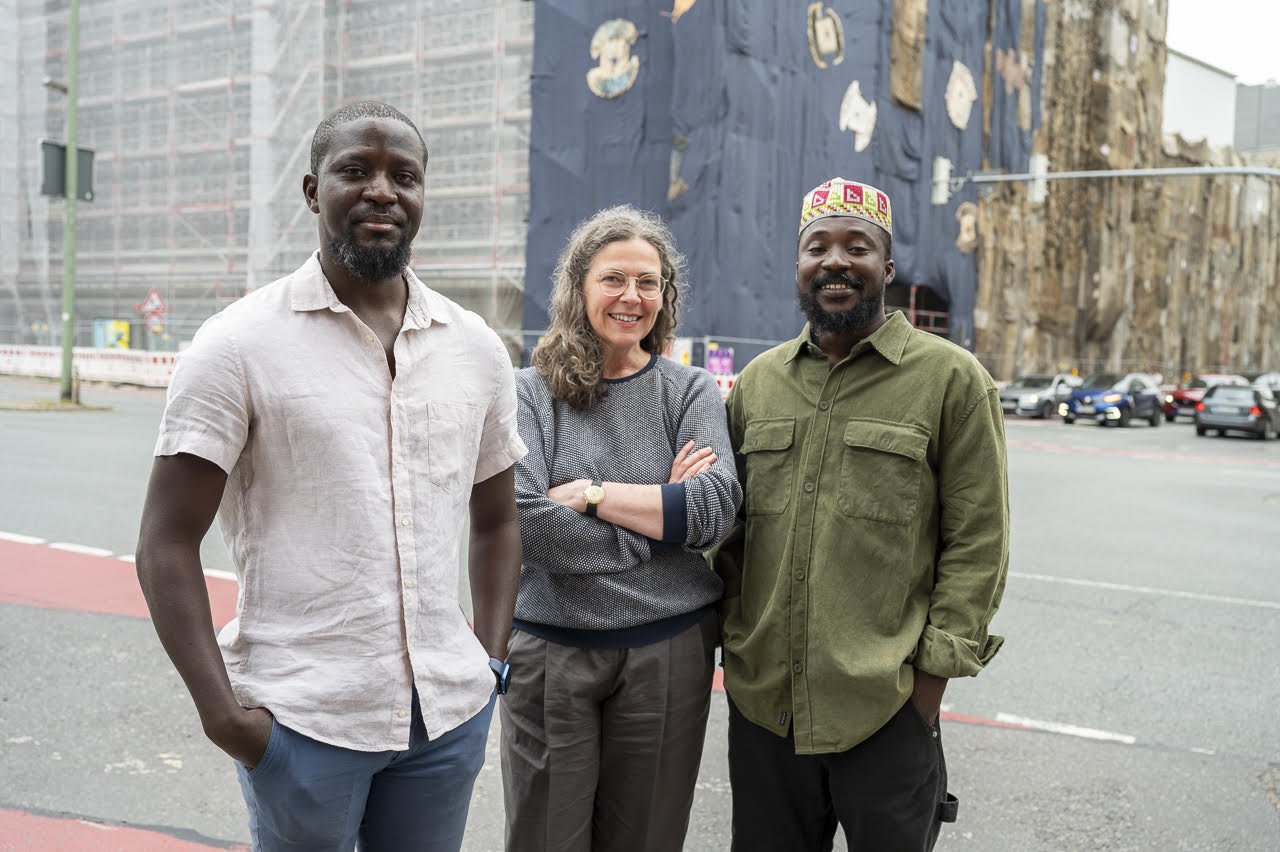
Bettina Klein (*1970 in Wadern, Germany) is an art historian, independent curator, and author based in Berlin. She holds an M.A. in Art History and French Literature (FU Berlin, 1997)
From 2013 to 2018, she was Head of the Visual Arts at the DAAD Artists-in-Berlin Program. She was curator at the Centre Européen d'Actions Artistiques Contemporaines in Strasbourg, France (2009-2012) and lecturer at weißensee kunsthochschule berlin (2011- 2012). She curated numerous exhibitions as well as projects in public space, recently among others:
Restless Monuments Berlin, interventions in public space (2021-2023); Peilung, series of encounters with Ukrainian artists, filmmakers and scientists, co-curated with Lada Nakonechna, daadgalerie, Berlin (2022-2023); Das Erscheinen eines jeden in der Menge, Galerie im Schloss Bellevue, Berlin (2021); Ibrahim Mahama, a straight line through the carcass of history. 1918–1945. 2015-2018, daadgalerie, Berlin (2018)); Restless Monuments, co-curated with Naz Cuguoğlu, Zilberman Gallery, Istanbul (2018); Parlament der Pflanzen, daadgalerie, Berlin (2017); Rayyane Tabet, Kopf hoch! Mut hoch! Und Humor hoch!, daadgalerie Berlin (2017); Nouvelles de l’Île des Bienheureux, Musée du Château des Ducs de Wurtemberg, Montbéliard, France (2016); Blind Spot, Mykola Ridnyi & Serhij Zhadan, Fassadenprojekt KuLE, Auguststraße (2015); Last Sighting, daadgalerie, Berlin (2015); The Ukrainians, daadgalerie, Berlin (2014).


Kunsthalle Osnabrück – since 2020 under the directorship of Anna Jehle and Juliane Schickedanz - is a venue for contemporary art in a 16th century architecture that reflects on current social conditions and the future from the perspective of art and cultural production. Their focus lies on the new production of site-specific works and an interdisciplinary, processual and collaborative approach. Exhibitions, art education, and other formats of becoming public are equally significant. Focusing on annual themes that are addressed in exhibitions, publications, collaborations, or event formats allows the Kunsthalle to engage with themes in a sustainable way and make them accessible to a diverse and intergenerational audience. The Kunsthalle's own history, (working) structure, and the social embedding of art is the starting point for reflection and critique, including of its own institution and its context. Thus, the Kunsthalle must inevitably not only be a place of confrontation for its visitors, but above all wants to (de)learn its own working methods and attitudes again and again.
For more information about the Kunsthalle visit kunsthalle.osnabrueck.de
